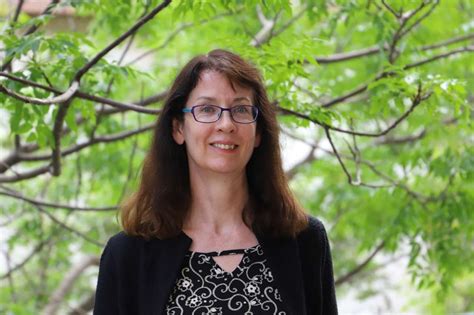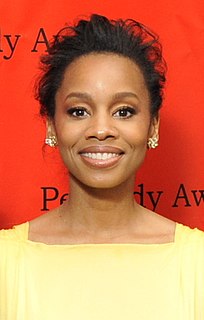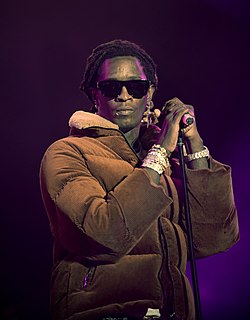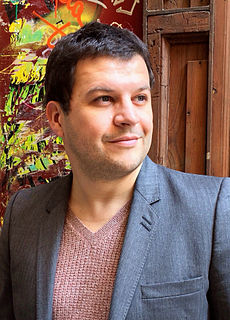A Quote by Amber Rudd
For my part, let me be clear: protecting those in society most at risk of harm, those crushed at the bottom of the heap, those who have been abused by the very people who should have looked after them, is, as home secretary, my job, but I also see it is as my moral duty.
Related Quotes
When I was at home, I wasn't shy. I was the clown at home, because I was loved. It was in the outside world that I was judged and I wasn't loved. That was very clear to me, that I wasn't loved. So I became very quiet. You know, those little girls you see in those pictures that look like they want to hunch, I was trying to disappear into my shoulder blades. The quietest person in the classroom, that was me. But that wasn't me at home.
Just as a moral distinction is drawn between "those at risk" and "those posing a risk", health education routinely draws a distinction between the harm caused by external causes out of the individual's control and that caused by oneself. Lifestyle risk discourse overturns the notion that health hazards in postindustrial society are out of the individual's control. On the contrary, the dominant theme of lifestyle risk discourse is the responsibility of the individual to avoid health risks for the sake of his or her own health as well as the greater good of society.
I went back to work right away [after prison]. I was very lucky — a friend of mine created a job for me at his company. Most prisoners who come home face really significant challenges when it comes to finding work. It’s very, very hard for most people who have a criminal record to get a job. I think the system is very wasteful of taxpayers’ dollars. It’s also very wasteful of human potential. I found that most people whom I was locked up with were, you know, good people who have skills and value. Prison is a missed opportunity to nurture those things.
I'm not on Twitter for abuse. I don't think anyone's gotten on Twitter so that they can be abused, but people do go on Twitter to abuse people. When that becomes clear then Twitter has a moral duty to shut those people down when they see that somebody is there solely for the purpose of abusing others. Yeah you have free speech, but what you don't have is the right to wield your speech like a cudgel to somebody who has done nothing to earn it.
Navalny is doing a very important thing in his segment of society. Gudkov is a doing a very important thing in his segment of society. Yabloko, or more accurately, some of the leaders of the Yabloko party, are doing a very important job in their segment of the population, people such as Schlosberg. And our organization Open Russia is also doing important work with its segment of society, because those people who are focused on us, our segment, they're not part of those other segments.
I see that very clearly in my own state of Maine, where there are people who have been affected by mill closures, some of which have been brought about by poorly negotiated trade agreements, and they do feel marginalized and left behind. They have not been able to find new work, despite the fact that they did nothing wrong that caused them to lose their jobs. Both parties need to do a better job of reaching out to those individuals, to those hardworking families, and providing job training, matching people and giving them new skills for new jobs.
Just as the worst slave-owners were those who were kind to their slaves, and so prevented the horror of the system being realized by those who suffered from it, and understood by those who contemplated it, so, in the present state of things in England, the people who do most harm are the people who try to do most good.
The right wing can use anything, and we have to make it very clear and I make it very clear that my love for the president in terms of protecting him and respecting him but also correcting, now all three of those are crucial, and if I can do all three, then the right wing can use it whatever they want, and I'm just clear where I stand, over against them but also critical when the president leans toward the strong, rather than the weak.


































